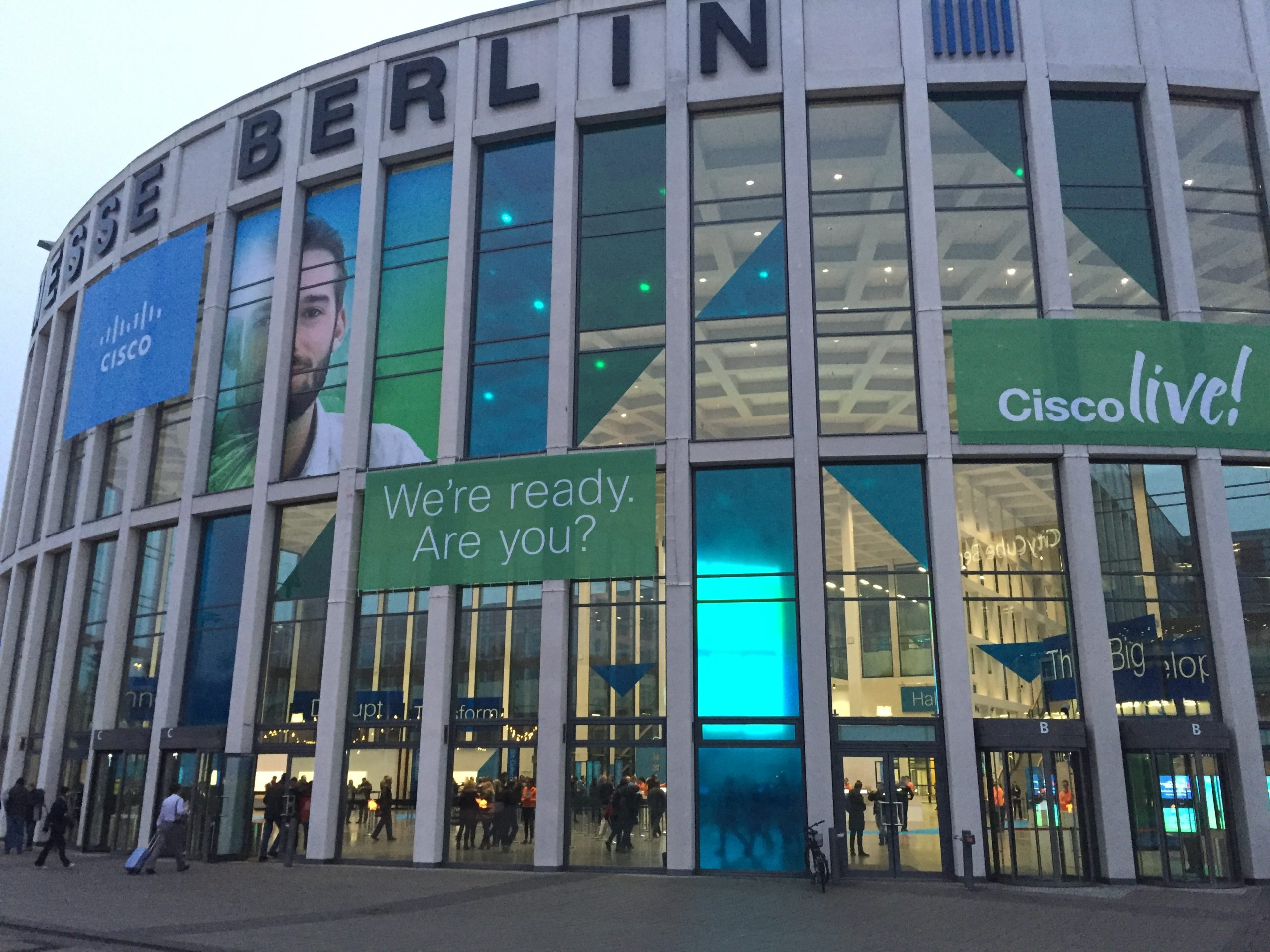Getting a session at Cisco Live is not a given, even for a Principal TME. I started at Cisco in October 2015, and I certainly didn’t expect to present at, or even go to, Cisco Live Berlin in January 2016. Normally, there are three ways to secure a session at CL: Submit an idea during […]
